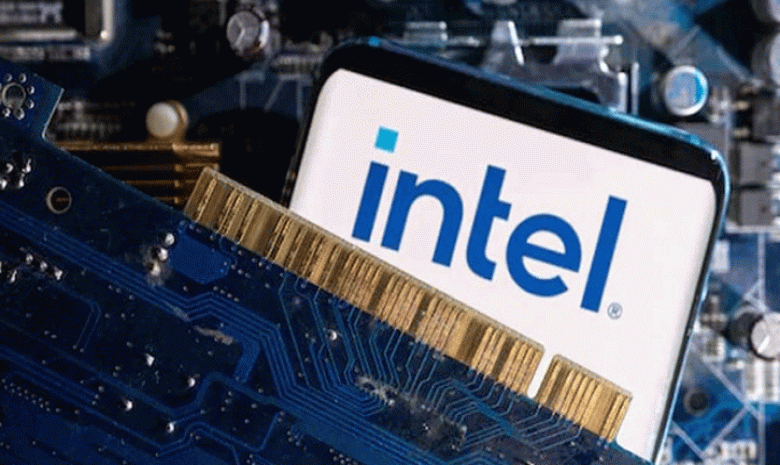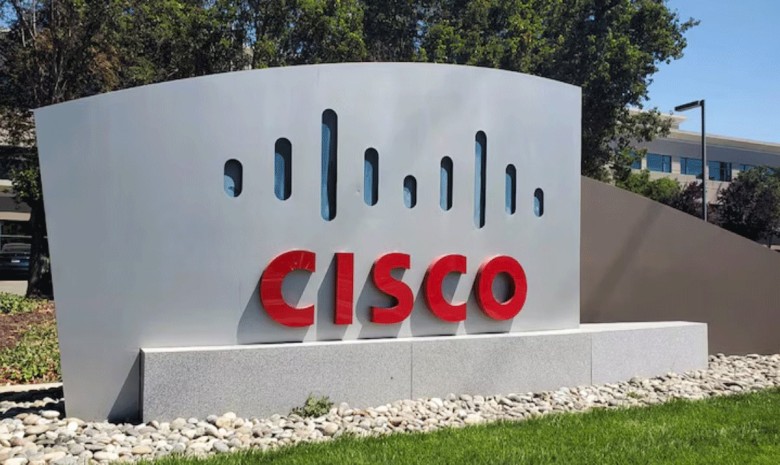The White House has announced that the US government will acquire a 10% equity stake in semiconductor giant Intel, in what officials describe as a landmark move to bolster America’s technological leadership.
US Commerce Secretary Howard Lutnick confirmed the agreement on Friday, calling it “a historic step that will both grow the economy and secure America’s edge in semiconductors.” He shared the announcement on X alongside Intel’s chief executive Lip-Bu Tan.
President Donald Trump earlier revealed the deal during remarks in the Oval Office, describing it as “a great deal for them.” Shares in the Santa Clara-based company surged more than 5% following the announcement.
Intel said in a statement that Washington would make an $8.9bn (£6.6bn) investment in the company’s common stock. The funds will come from previously awarded grants under the US CHIPS and Science Act, legislation passed during President Joe Biden’s administration to reshore semiconductor production.
“As the only semiconductor company that conducts leading-edge logic R&D and manufacturing in the United States, Intel is deeply committed to ensuring the world’s most advanced technologies are American-made,” Tan said. He credited Trump’s focus on domestic chip production for driving “historic investments in a vital industry integral to the country’s economic and national security.”
The agreement comes at a challenging time for Intel, which has struggled to expand chip capacity and has been eclipsed by rival Nvidia, whose market value has soared past $4 trillion, compared with Intel’s $100bn. Once a dominant Silicon Valley name, Intel fell behind in both mobile technology and artificial intelligence.
The deal also follows weeks of tension between the company and the White House. Trump had recently called on Tan to resign, accusing him of holding “conflicted” ties to China. Tan, a US citizen born in Malaysia and raised in Singapore, dismissed the allegations as “misinformation,” insisting he had always acted within “the highest legal and ethical standards.” Republican Senator Tom Cotton had also questioned whether Intel could responsibly manage taxpayer funds and adhere to security regulations.
Despite the controversy, Tan met with Trump at the White House prior to the announcement. Press Secretary Karoline Leavitt described the equity arrangement as “a creative idea that’s never been done before.”
The unusual move follows another directive from the Trump administration, ordering Nvidia and AMD to surrender 15% of revenue from AI chip sales to China. Analysts say the Intel deal reflects Washington’s growing willingness to intervene directly in private markets to strengthen national security and economic resilience.
“It’s in service of the same overall objective—taking a more direct role in advancing US technological leadership, or really regaining it, in semiconductor manufacturing,” said Jacob Feldgoise, a senior analyst at Georgetown University’s Center for Security and Emerging Technology.
Though rare in the modern era, the move is not without precedent. During the 2008 financial crisis, Washington took control of General Motors before later selling its stake at a loss of about $10bn. Earlier this year, the Trump administration pursued a similar arrangement with MP Materials, a Nevada-based rare earth miner, though that deal has drawn scrutiny from watchdog groups over legal exemptions.
Total views: 978



























